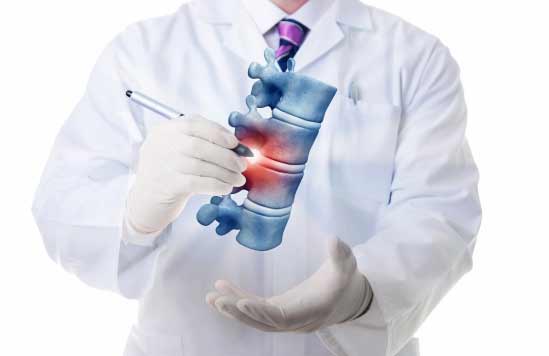From less invasive procedures to alternatives to fusion surgery meant to preserve motion, spine technology has come a long way over the past few decades.
Research into lower back pain, especially when it comes to clinical trials, can be difficult to evaluate when the criteria for one study varies considerably with the standards used to evaluate data for another study.
Non-specific back pain can be difficult to treat since an exact cause for the discomfort can’t be identified. While pain relievers may help, some patients experience relief through unconventional means.
When back pain due to a narrowing of the spinal canal in the lower back (lumbar spinal stenosis) reaches a point where the pain is debilitating, spinal fusion surgery is often the only option left.
Texting, gaming and engaging in other activities with hand held devices have created a new epidemic of tech-related health problems. “Text neck” refers to the strain that is put on the muscles of the neck when it is held in one […]
As the specialists of Los Angeles spine surgery, we understand the many difficulties that patients encounter when lower back pain is a problem. Now, imagine taking a medication that’s supposed to relieve lower back pain, and chronic conditions such as […]
Originally used by military doctors to perform surgery on wounded personnel in remote locations, robotic technology is now being applied to some types of spine surgery. With nearly half a million spine surgeries performed in the United States each year […]
For back pain sufferers, stem cell regeneration could present a less-invasive alternative to surgery and bring some much-appreciated relief from a problem affecting 8 out of every 10 people at one time or another.
According to studies conducted at the University of Adelaide’s School of Population Health, patients with chronic musculoskeletal pain may benefit from vitamin D supplements. While vitamin D isn’t meant to be a cure for chronic pain, research suggests that it […]








